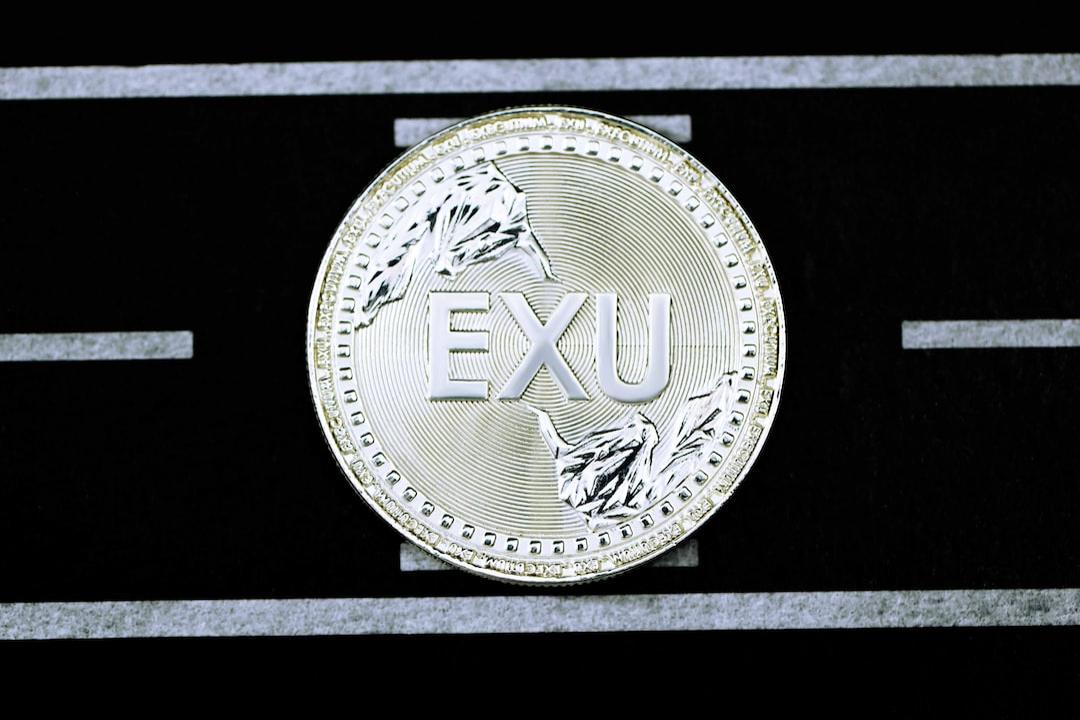South Korea’s Financial Services Commission (FSC) Announcement
Recently, the South Korean Financial Services Commission (FSC) announced that, starting from March 25, 2025, in response to the South Korean government’s request, Google has implemented access restrictions for 17 foreign cryptocurrency trading platforms on its app store, Google Play. These exchanges include KuCoin, MEXC, Phemex, XT.com, Bitrue, CoinW, CoinEX, ZoomEX, Poloniex, BTCC, DigiFinex, Pionex, Blofin, Apex Pro, CoinCatch, WEEX, and BitMart.
This means that new users within South Korea will no longer be able to search, download, or install these exchanges through Google Play; simultaneously, existing users who have already installed these apps will also be unable to update them, significantly limiting the accessibility and continuity of services provided by these platforms in the South Korean market. (Of course, there may be ways to resolve this through VPNs, but it still increases the operational difficulty for users.)
FSC: These Exchanges Are Not Registered in South Korea
Regarding this regulatory action, the FSC pointed out that these platforms have been actively marketing and providing services to local traders in South Korea without completing the registration process according to South Korean law, constituting a blatant violation of South Korean regulatory provisions.
Additionally, the FSC emphasized that the primary purpose of this action against the 17 exchanges is to prevent financial crimes such as money laundering and terrorist financing, and to protect domestic investors from potential fraud and market manipulation risks.
Not the First Time a Crackdown on Exchanges Occurs
South Korea has one of the strictest cryptocurrency regulatory frameworks globally, with its core legislation being the Act on Reporting and Using Specified Financial Transaction Information, which requires all virtual asset service providers (VASP) operating in South Korea, or providing services to South Korean residents, regardless of where their headquarters are located, to register with the Financial Intelligence Unit (FIU) of South Korea.
In fact, this is not the first time that South Korean authorities have taken a hard stance against unregistered foreign exchanges. As early as 2022, the FIU had identified and reported 16 unregistered platforms and implemented restrictions, including website blocking. Subsequently, in 2023, another 6 platforms were added to the restriction list.
Tightening Cryptocurrency Regulation in South Korea?
As for this latest law enforcement action in South Korea, pessimists believe that South Korea’s cryptocurrency regulation is already strict, and this latest action against as many as 17 exchanges will not only limit the trading options for local users but may also stifle innovation.
However, some hold a more optimistic view, as early this January, South Korean regulatory authorities announced their major work plan for 2025, which is expected to gradually open up corporate participation in virtual asset trading and promote a second phase of the regulatory framework focusing on stablecoin management, listing standards, and exchange regulations, further improving the market regulatory framework. Additionally, earlier this month, the FSC stated in a meeting with local cryptocurrency industry experts that South Korea plans to release comprehensive guidelines for listed companies and professional investors before the third quarter of this year; it is also expected to issue guidelines for non-profit organizations and cryptocurrency exchanges earlier this year, with initial plans set for April.
Therefore, a series of recent measures taken by South Korean regulatory authorities indicate that the South Korean government is striving to create a more regulated, transparent, and structured market environment—this clear regulatory framework is precisely what many traditional financial (TradFi) institutions seek in order to enter the digital assets space.
A strictly regulated market, while possibly lacking certain “freedoms” of the early Wild West, can provide the confidence needed by large institutional investors, reducing their concerns about compliance risks, which may be beneficial for the long-term development of cryptocurrency in South Korea, although more time is needed to observe.

Related Reports
South Korea Plans to Release “Corporate Investment in Cryptocurrency” Guidelines by Q3; Will Samsung, LG… Join the Bitcoin Reserve Trend?
Trends Observation: South Korea and Japan Actively Lay Out Bitcoin! Should the Taiwanese Government and Private Sector Follow?
Whales Manipulating Prices Illegal! South Korea’s First Crackdown on Cryptocurrency Price Manipulation Cases, With the “Virtual Asset User Protection Act” Coming into Effect.

